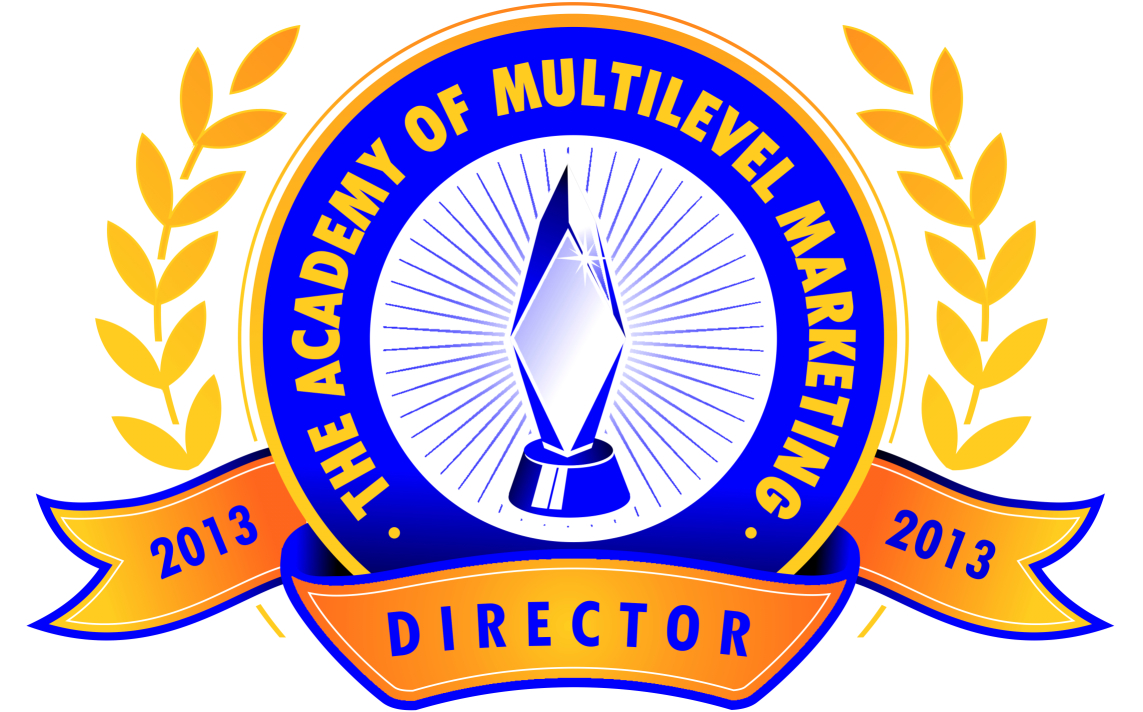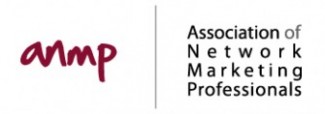By Len Clements © 2013
I knew in first grade that I wanted to be an entrepreneur. I didn’t just set up a lemonade stand, I also offered snow cones made from my Frosty Sno-Cone Maker as well as Incredible Edibles (made from a toy that produced gummy insects – you Boomers will remember). By the age of nine I didn’t just have a paper rout, I published my own newspaper! It was called “Neighborhood News Beat”, which I’d produce using the then very expensive copy machine at my dad’s office. Although both of these ventures lasted about as long as the attention span of any single-digit-year-old, there was never any doubt that someday I’d make a living by owning my own business. Indeed, the only job I’ve ever had that required me to “clock in” was a two-month Summer gig devouring free Taco Bell food – where I was inventing most of the items now on their menu (the double shelled taco with beans in the middle? I was making those in 1975!). So, of course, it was inevitable that I’d eventually go to college and get a business degree.
Learning how to do something before you begin doing it makes sense in most endeavors, especially when it involves one’s livelihood. If you know you want to own, operate, or at least manage a business someday, you’re likely going to get a degree in business, or somehow become well educated in the type of business you wish to operate, and how to operate it. Obviously. Right?
So, why do network marketers do exactly the opposite?
In fact, this profession is the only one where you’re asked, and we unquestionably agree, to start our business first, and only then begin the process of learning how to successfully operate it. Is it any wonder why this profession has such a high first-year failure rate?
The first, if only, objection to a get-trained-first approach is that we tend to be in a hurry to make money. I get that. My degree is only an Associates Degree (in Business Data Processing – circa 1984) for essentially the same reason. After two years of watching my fellow students fight for limited computer lab time, and with Kinko’s still a gleam in some future entrepreneur’s eye, I decided to start a computer time rental and training facility. While my fellow students spent two more years learning how to run a business, I was running a business. But I did spend two years learning how first. Most MLMers don’t spend two hours (alas, even after they start their business). To be clear, I’m not talking about spending two years studying network marketing before jumping in. Successfully operating a multilevel marketing distributorship is not easy, but it is relatively simple. In fact, I’ve produced a six part training series, totaling less than six hours, that covers practically everything you’ll ever need to know to succeed in this business. It’s not rocket science.
Based on an extensive 18 year survey, conducted by my company MarketWave, Inc., of over 7,700 reps and prospects, we know that at least 86% of those who join an MLM program to earn an income have a “primary goal” of making enough to quit their job and comfortably live of their MLM residuals. That is, it’s not to get rich! They intend for their MLM venture to be, hopefully, how they earn a living, and support their family. It’s essentially a career choice. Yet, not only do most networkers not spend the requisite four years to educate themselves on their chosen career, they devote little if any time at all preparing for it. What’s more, they typically spend nary a minute learning how to select a viable, safe, legal, MLM program that best suits their personality and product interests.
Ironically, the concept of building an organization of pre-trained distributors first, and then migrating them into a specific MLM opportunity, was developed by a college business professor. Prof. David Frost heads the only fully accredited MLM degree program in the United States and, to my knowledge, the world. This program is offered by Bethany College (http://online.bethanylb.edu/programs/). Unrelated to the college itself is “The Networking Project” (http://www.NetworkingProject.net). This project was co-produced by Prof. Frost and myself to fulfill the need for basic training, and to facilitate the quick and easy formation of a downline of what are essentially well qualified, and educated, prospects. Think funded proposal, with participants placed in a 2×2 structure, and no commissions. The cost of entry is a mere $9.95, one time, which not only gets you access to an online facility to build and track your team, but an audio and book library stocked with well over $100 worth of training and educational material. For example, my “Inside Network Marketing” eBook and “Case Closed: The Whole Truth About Network Marketing” audio CD, John Fogg’s “Greatest Networker in the World” and “It’s Time… For Network Marketing” eBooks, and Daren Falter’s “How to Select a Network Marketing Company”, which accounts for about $60.00 in materials already, not counting the three other audios, ten other books and reports, and the afore mentioned six part audio training series. Everything on the site is completely generic by default, but we do license the program out to anyone, within any opportunity, as an open source, fully customizable system.
Yes, learning how to build a profitable MLM business first will take some time, and delay those profits. But if it were to substantially increase those profits, and cause them to occur sooner once you’ve started, might it be worth the wait?
Think of it this way: If someone offered to pay you $1 million to swim across the Hudson River, and if you don’t make it you’ll drown, wouldn’t it make sense to delay the effort for a week or two in lieu of a few swimming lessons?










